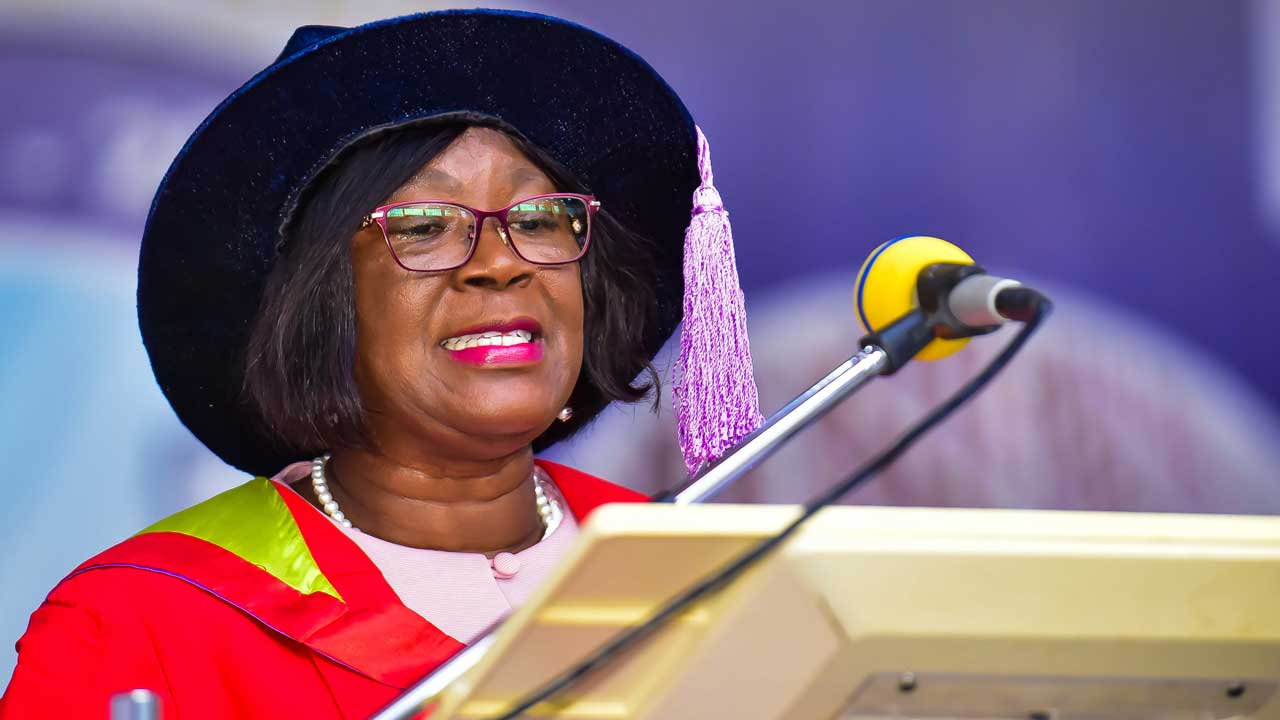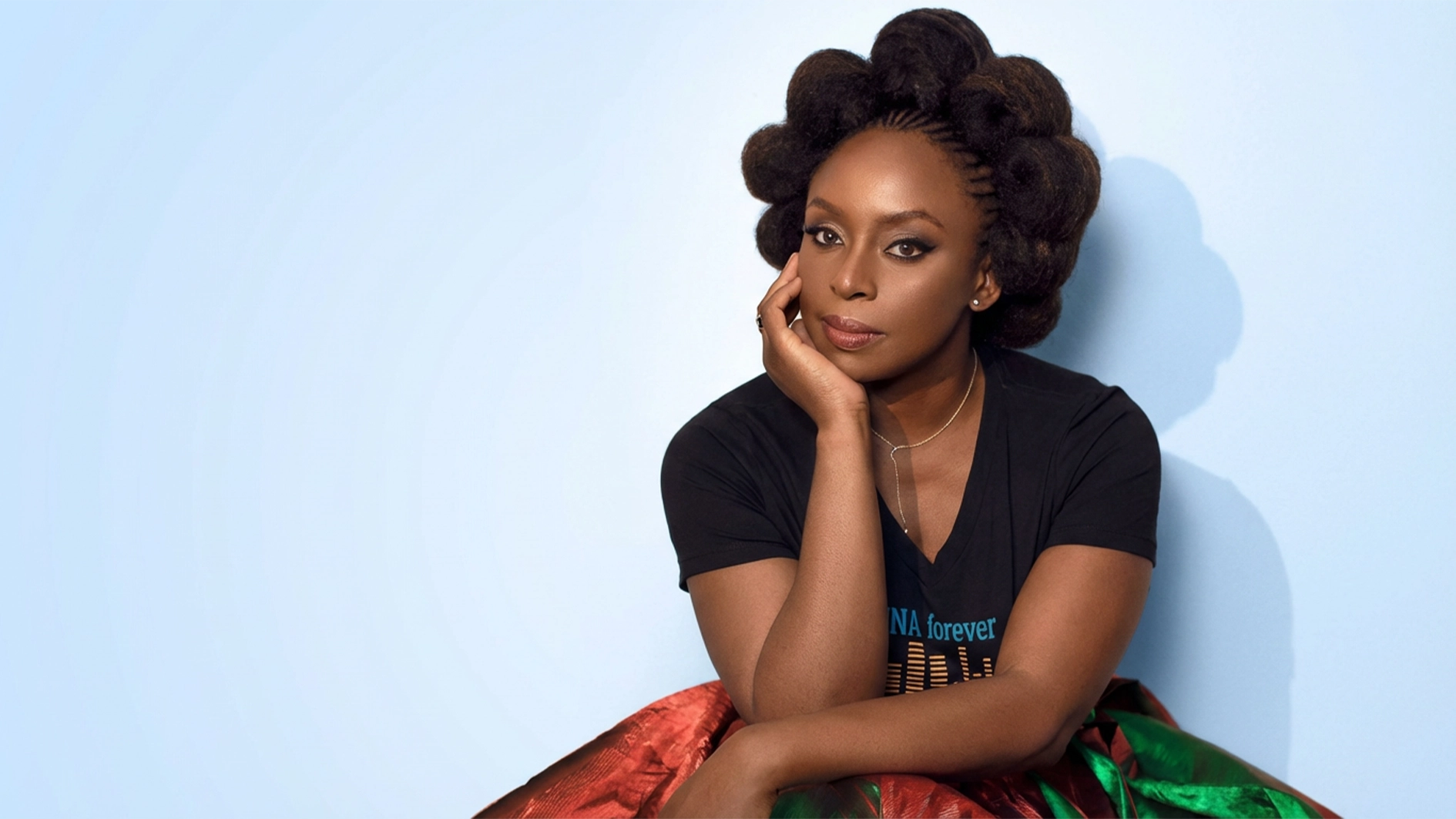
Unconscious bias refers to attitudes that operate outside our awareness and control. It is our inclination for or against something or someone, especially in a way considered to be unfair.
Unconscious bias can sometimes be in direct contrast to the beliefs and values we profess. The dangerous thing is that we don’t realise that our behaviour has been influenced by our unconscious bias. When we are biased towards a certain group or gender, it is difficult to make a fair judgment.
The good thing is that we can retrace our steps and make amends. This call for affirmative action, a phrase many dislike because of its pejorative meaning and close association with such words as lightweight, inferior or poor standard.
However, in its best form, affirmative action is positive. It means positive steps taken to increase the opportunities of marginalized groups in society, including women and minorities in employment, education, or culture, areas from which they have been historically excluded.
It is important to note that when those steps involve preferential selection — selection on the basis of race, gender, or ethnicity—affirmative action generates intense controversy.
The development, defense, and contestation of preferential affirmative action has proceeded along two paths. One has been legal and administrative as courts, legislatures, and executive departments of government have made and applied rules requiring affirmative action.
The other has been the path of public debate, where the practice of preferential treatment has spawned a vast literature, pro and con.
It is important to state that equal access to the judges have long been entrenched in The Nigeria Prize for Literature and The Nigeria Prize for Science. What is lacking is diversity and equal representation (men and women) amongst the judges. And deliberate efforts to overcome biases imposed by our patriarchal society.
This essay is in no way a criticism or commentary on the competence of the current administrators of the prize. Rather it is, with the benefit of hindsight, an admission of failure on my part as the founder and pioneer administrator who managed the prizes for 10 of its 18 years.
The reason for my intervention is obvious. Female writers and scientists have not fared well in NLNG-organised prizes.
In 18 years of The Nigeria Prize for Science, only one woman – Prof. Ikeoluwapo Ajayi – has been awarded the prize. The Nigeria Prize for Literary Criticism has not been awarded to any woman in nine years of its existence. The Nigeria Prize for Literature performed marginally better. It has been awarded to women four times in 18 years.
We should do our utmost best not to import foreign ailments into our national culture. The Nigeria prizes should mirror other international prizes in excellence but not inherit their weakness. I chose the agency of a public essay because backroom dialogue with my successors was inexplicably rebuffed. The reasons are many and telling:
Maybe it is because NLNG also runs an informal old boy network with token women who uphold the boys’ club and provide illusion of gender balance and diversity;
Maybe it is because despite important gains, women are still underrepresented in the company’s management cadre. In 33 years of existence, only three women have made it to top management – seven if you count NNPC secondees;
Maybe it is because few women have risen through the ranks because of the “broken rung” at the first step up to management. Of the bright candidates employed as graduate trainees, the men easily get adopted as mentees and guardians and women become orphans and lone rangers, especially as there are few female managers. Even then, these females face headwinds that signal it will be harder to advance.
• They’re more likely to experience belittling microaggressions, such as having their judgment questioned or authority subverted or ignored;
• Precious work they are doing to support colleagues, promote harmony and reduce aggression and hostility are mostly unrewarded.
As a result, men significantly outnumber women at the heads and manager level, and women are not catching up. Is it any wonder that a company with this culture would pay scant attention the fundamental issue of women underrepresentation? But then I digress.
Women have been writing literature for as long as people have been reading it; telling stories even before the advent of griots; and celebrating artistes since the world began.
Storytelling is a vital trick and tool of motherhood. For many of us, one of the most vivid memories of our childhood is listening to our mother telling a story or reading a book out loud.
Such moments are compelling, a link between mother and child as critical as an umbilical cord, though one that cannot be cut. Hearing your mother read a classic children’s book or weave a tale from family lore introduces us to narrative and language; the sheer vividness of words and the images they can conjure!
Storytelling is the oldest and purest form of teaching. It is an important part of the early childhood learning programme. It plays a vital role in a preschooler’s overall development because through stories, she’s able to learn about life, the world, and herself.
Through storytelling, children are motivated to listen to others. Learn to be more patient and to let others speak, open their minds to other people’s opinions and become understanding of others’ thoughts.
Storytelling is a fundamental human endeavour discharged mainly by women. It is therefore puzzling that the well-known authors are usually men; that few women have been honoured for their contributions to literature despite their out-sized contributions.
It hasn’t always been this way. As early as the 6th Century BC, competitions were taking place in regions of Ancient Greece in Greek drama and the arts. Poets, play-writes, dramatic troupes and musical performers competed against one another for highly coveted cultural prizes. Most famous of these were the dramatic contests in Athens to honour the Greek god Dionysus, which took the format of mass spectacle competitions in theatrical festal gatherings.
Africans have wrestling, dancing and singing competitions. Artists were accorded respect by all members of the society irrespective of their gender.
Prizes hold strong symbolic associations. They are important triggers of recognition, signifiers of worth, prestige, quality and superiority. All are familiar household terms that have become deeply assimilated into our cultural consciousness and popular talking points.
Prizes are coveted because they have important influence on the contemporary scientific and literary landscapes; and because they grant winners and shortlisted scientists and authors public prominence and recognition.
Unfortunately, the underrepresentation of women over the years is just another indicator of the slow progress on gender equality. There is a widespread understanding of the impact of prizes on the society, as well as demand for addressing systemic sexism in literature and sciences.
There is, therefore, an urgent need to examine the impact of our national prizes – The Nigeria Prize For Literature, The Nigeria Prize for Science, The Nigeria Prize For Criticism.
State Of Major Prizes
A RECENT study analysed 141 of the top science prizes in the world and found that women are far less likely to win major awards than their male peers regardless of the quantity and quality of their research. This is in addition to systemic racial and economic barriers that make it more challenging for women to thrive in STEM fields.
Literature, because it mirrors and/or recreates social, historical and economic realities, is one of the channels through which negative attitudes and stereotypes of women are perpetuated, even created.
Modern African literature too, because it has adopted many of the Western patriarchal modes of thoughts and expression, often conveys some of these biased attitudes.
Some countries and cultures have taken steps to correct this obvious anomaly. The Stella Prize was founded in 2012 in response to the under-representation of women writers in literary culture, including as the winners of literary prizes.
The Prix Femina, a French literary prize, created in 1904 by 22 writers for the magazine, La Vie heureus, is decided each year by an exclusively female jury. They reward French-language works written in prose or verse, by both women and men.
The important question is what message are we sending to students? What message does that send to our students when the majority of the texts they may come across are written by men?
Are we implying that women cannot succeed as writers and scientists? That women’s literature does not qualify as quality?
Women in Literature have often faced adversity. When world-known author J. K. Rowling first sought publishers for her Harry Potter series, she was rejected 12 times. When she finally secured a deal, her publisher recommended that she utilise a “gender-neutral” name to help her appeal to a broader audience. That’s when she decided to utilize her initials, J.K., instead of her birth name, Joanne Kathleen Rowling. Harry Potter took the world by storm and has sold over 500 million copies worldwide, in over 80 languages.
J.K Rowling was not the first, and she unfortunately will not be the last female author to utilize neutral or male pen names to help her get success.
Author of Little Women, Louisa May Alcott, wrote under the pseudonym “A.M. Barnard.” She published various gothic pulp fiction works under this name, which would have been greatly frowned upon if written under her real name, due to their content.
The Bronte Sisters all used male pseudonyms as well. They did so to have more freedom to explore their writing, as much of the content they were interested in was not perceived as lady-like. The sisters were also aware that their works would not be taken seriously if they were thought to have been written by women.
For those still making excuses for patriarchy, ‘all writing is political’, said Author Bernardine Evaristo.
It is the duty of every prize to ensure that underrepresented voices don’t remain unheard. “If you’re looking for fresh perspectives and narratives, surely you’re going to find it among the most underrepresented voices”, said Evaristo.
But who defines what makes a book ‘great’?
Some of the panels of judges for The Nigeria Prize for Literature and The Nigerian Prize for Science, for instance, have been all male with token female representation in negligible cases. It is this group who have been shaping the literary and scientific canons to fit their own personal and scholarly interests. It is this group that determine the reading lists of English Language students and of the public. They have, in the past, dropped works by women on the grounds that they are too political, too parochial, too activist or too niche.
I am aware that some people have built their academic career on such flimsy literary canons as Soyinka or Achebe’s depiction of women.
It is time to stop questioning Soyinka or Achebe’s depiction of women, as if they were appointed spokesmen for the female gender. Women have a voice, an authentic one at that. Women should speak for themselves; they don’t need to speak through male filters. All candidates should be respected for what they bring to the table, rather than what they wear to it!
Female writers and scientists across the nation are hurting, begging to have their voices heard.
This is why we cannot stand quietly by, playing the figurative violin as Rome burns. We must speak out in the face of injustice, and utter lack of concern by the administrators and award sponsors.
Luckily, there are a few low hanging fruits we can immediately bring to the solution table. First, we can adopt a system that ensures equality in the number of male and female judges. Or more female judges to compensate for the past.
We should encourage discussions on a roadmap for creating critical and fundamental changes in the policies and norms that will guide the administration of the prizes – changes that are far overdue, increasingly urgent and imperative, to ensure sustainability of the Prizes on all fronts; thus meeting the yearnings and aspirations of writers, critics, scientists and advocates alike.
• Mbanefo, former Manager, Corporate Communication and Public Affairs, founded the NLNG Prizes.






